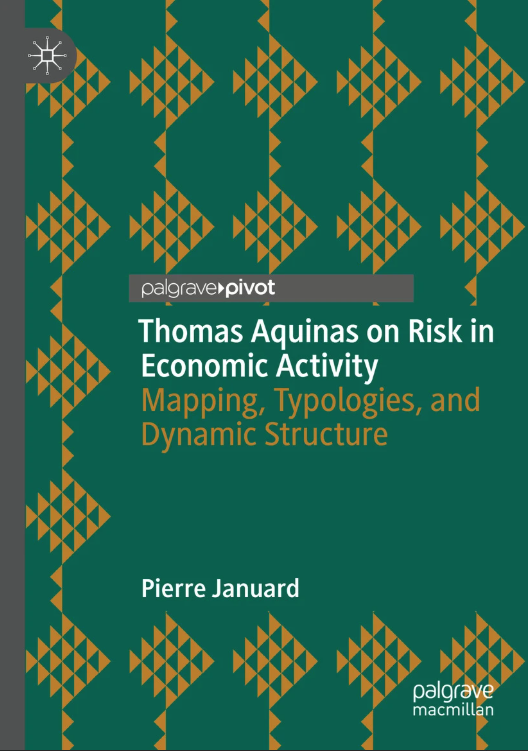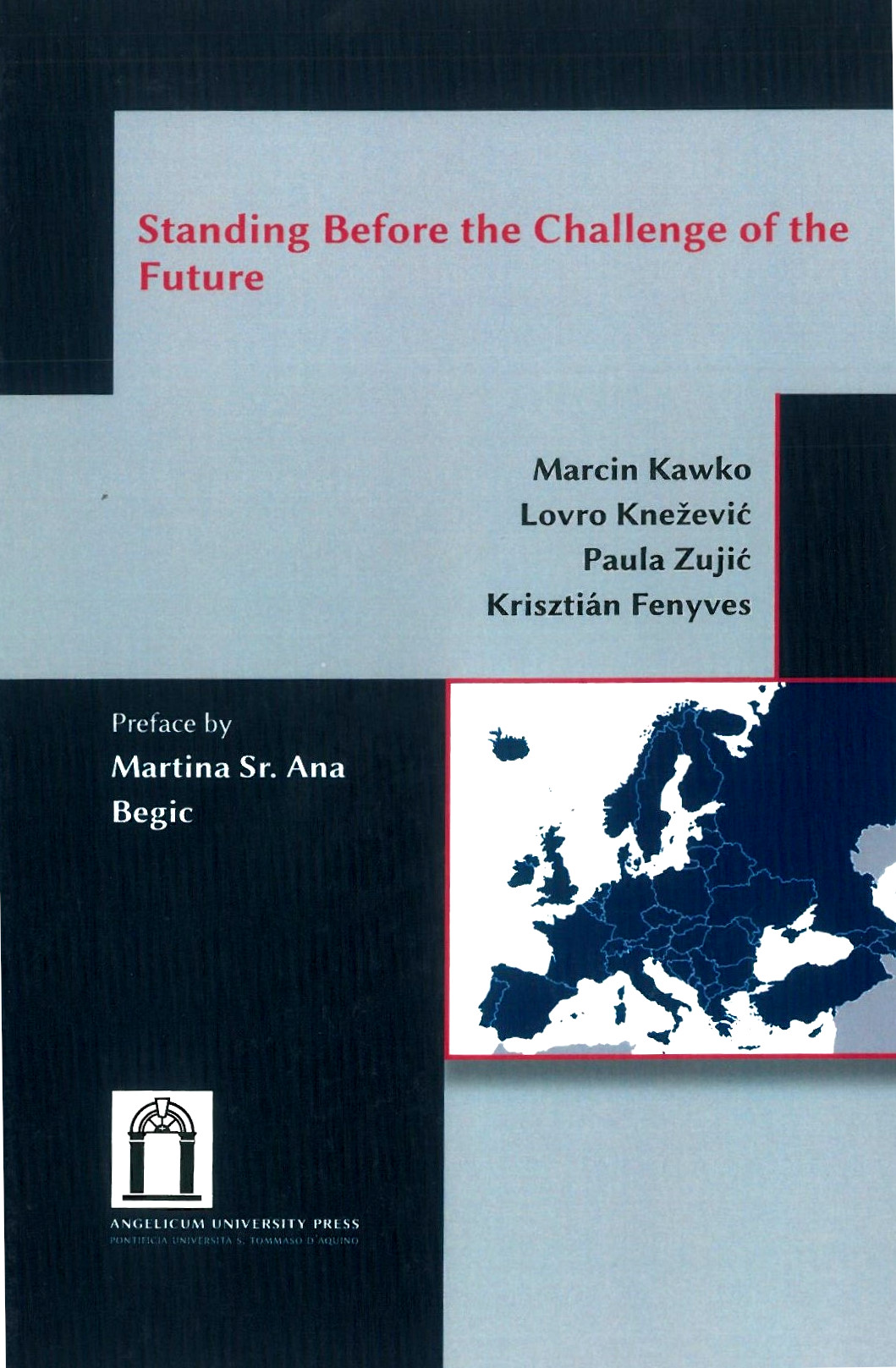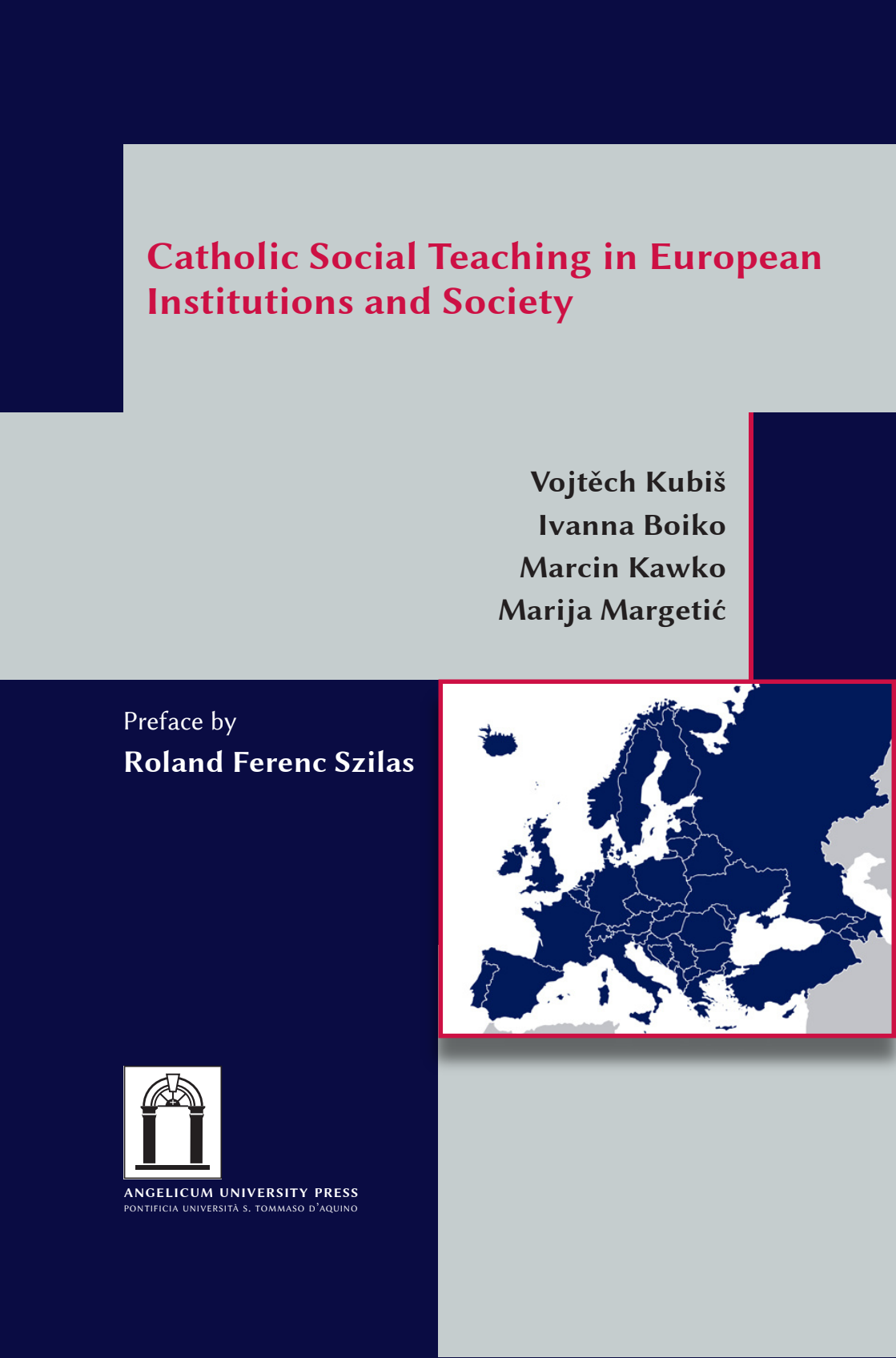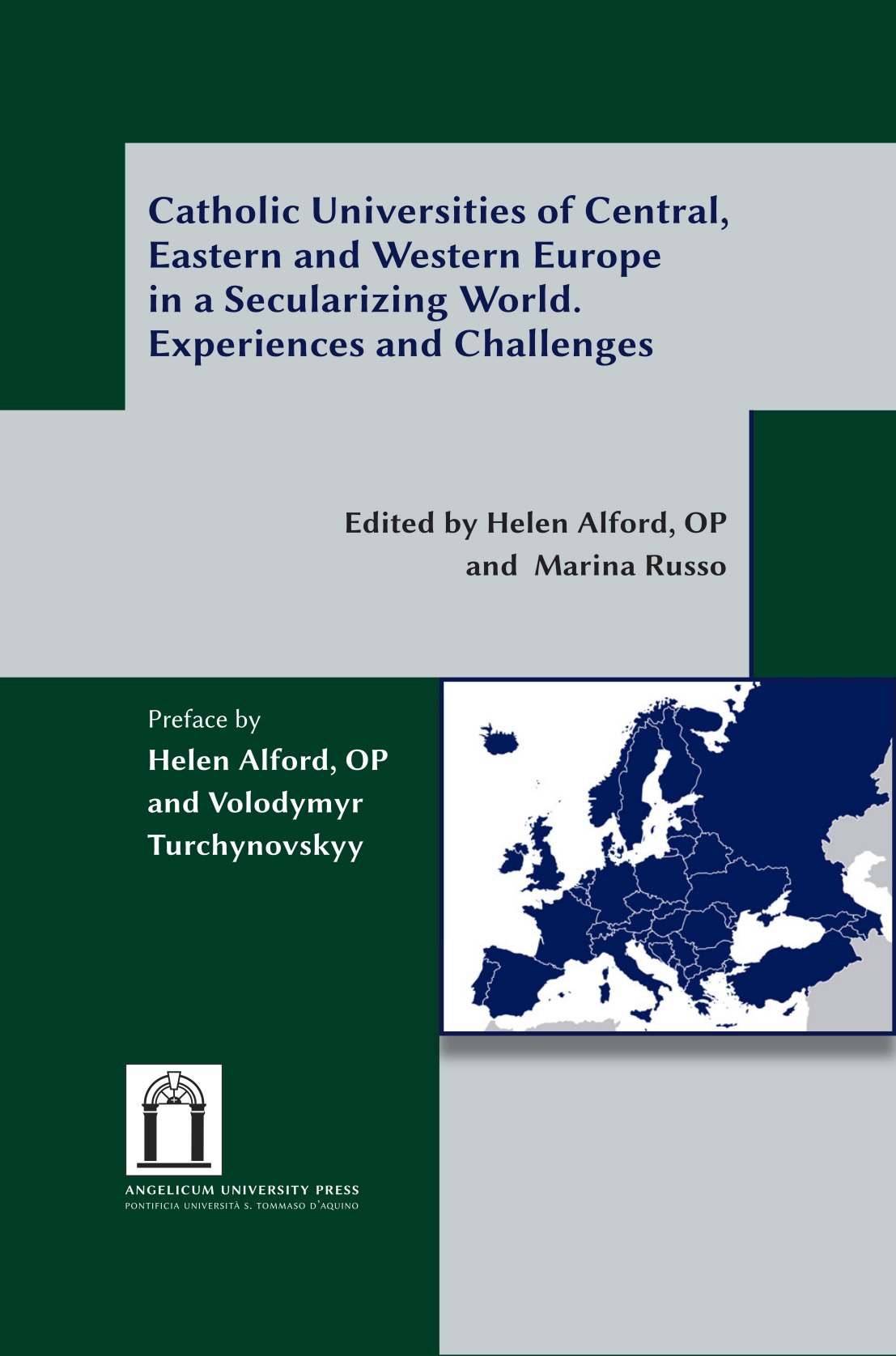Gustavo Gutierrez
In questa conferenza, tenuta a Roma nel maggio2003, uno dei Padri Fondatori della Teologia della Liberazione, traccia un itinerario logico e morale di come valutare l’opzione preferenziale per i poveri. Essa può essere considerata dal punto di vista pastorale e sociale, da quello teologico, da quello spirituale. Secondo l’A. - che qui affronta solo l’aspetto teologico - questa analisi ci porta ad un aspetto essenziale del messaggio biblico: la gratuità dell’amore di Dio. Tenendo conto del fatto che “del più piccolo e del più dimenticato Dio ha una memoria molto fresca e viva” (B. de Las Casas), dobbiamo fare la scelta per il povero, non perché egli è sempre buono, ma perché la bontà e l’amore di Dio sono gratuiti.
In this talk, given in Rome in May 2003, one of the fathers of Liberation Theology provides a logical and moral set of arguments with which to evaluate the preferential option for the poor. This approach to theology can be considered from pastoral, social, theological and spiritual points of view. According to the author, who deals only with the theological viewpoint here, this analysis brings us to an essential aspect of the biblical message: the free gift of God’s love. Keeping in mind the fact that “God has a very fresh and vivid memory of the smallest and most forgotten” (B. de Las Casas), we must make a choice for the poor, not because they are always good, but because the goodness and love of God are free.
Per un'economia civile nonostante Hobbes e Mandeville
Stefano Zamagni
Dopo aver illustrato i tratti salienti della economia civile come prospettiva di discorso alternativa a quella oggi dominante, il saggio si sofferma sull'Umanesimo civile, come momento genetico dell'economia civile. Si passa poi a considerare perché, già a partire dalla seconda metà del Cinquecento, tale prospettiva sia entrata in crisi. Decisiva al riguardo si è rivelata l'influenza di Hobbes e di Mandeville: l'ingresso dell'individualismo assiologico, da questi autori favorito, finirà col rappresentare, nella scienza economica, una vera e propria egemonia culturale, nonostante gli sforzi degli Illuministi italiani (Genovesi, Muratori, Verri, Beccaria) e di quelli scozzesi (Hutcheson, Smith). Infine, il saggio discute le ragioni specifiche per le quali il discorso dell'economia civile stia oggi prepotentemente riemergendo, al modo di fiume carsico.
After having outlined the main elements of the idea of the civil economy as an alternative discourse to the dominant one of today, the article turns to the question of civil humanism, which forms the basis upon which the civil economy is built. The article then moves on to consider why this perspective had already entered into a crisis by the second half of the 16th century. The influence of Hobbes and Mandeville is shown to be decisive in this; the appearance of individualism as an axiom, favoured by these authors, ends up taking a hegemonic position among the economic sciences, despite the efforts of the Italian enlightenment thinkers (Genovesi, Muratori, Verri, Beccaria) and those of Scotland (Hutcheson, Smith). Finally, the article discusses why the idea of the civil economy is seeing a major comeback.
Islam and Modernity
Joseph Ellul
L’autore traccia le radici storiche, religiose e culturali dell’attuale scontro tra Islam e mondo moderno. I movimenti musulmani oggi e la loro reazione all’occidente dovrebbero essere iscritti nel quadro del modo con cui l’Islam guardava alla sua identità e al suo ruolo nel mondo del periodo classico. Nel passato questo scontro avveniva sul campo di battaglia mentre oggi la sfida avviene per l’Islam nei confronti con la globalizzazione e con ciò che viene percepito come occidentalizzazione. Infine l’autore riflette sulle prospettive di un’auto-critica da parte dell’Islam, al fine di creare un rapporto più sano tra essa e il mondo moderno.
The author traces the historical, religious and cultural roots of the present confrontation between Islam and modernity. The current movements within Islam and the reaction to Western ideas must be placed within the framework of Muslim self-identity and its world view as formulated in classical times. In the past this confrontation used to take place on the battlefield whereas now the challenge lies in the way Islam views globalization and the perceived threat of westernization. Finally, the author discusses the prospects of a Muslim self-examination aimed at the creation of a healthier tension between Islam and the modern world.
 IT
IT  EN
EN 
















